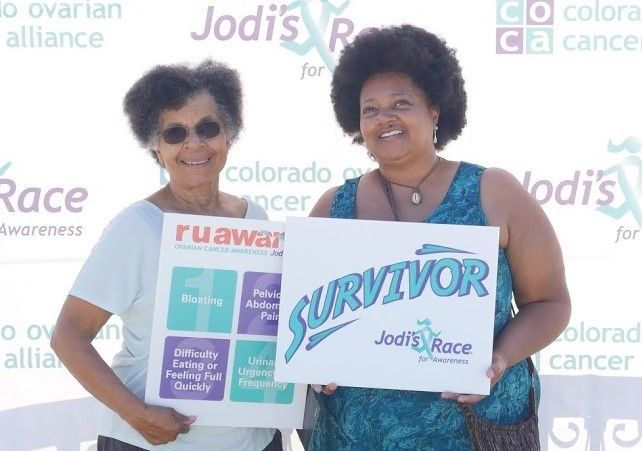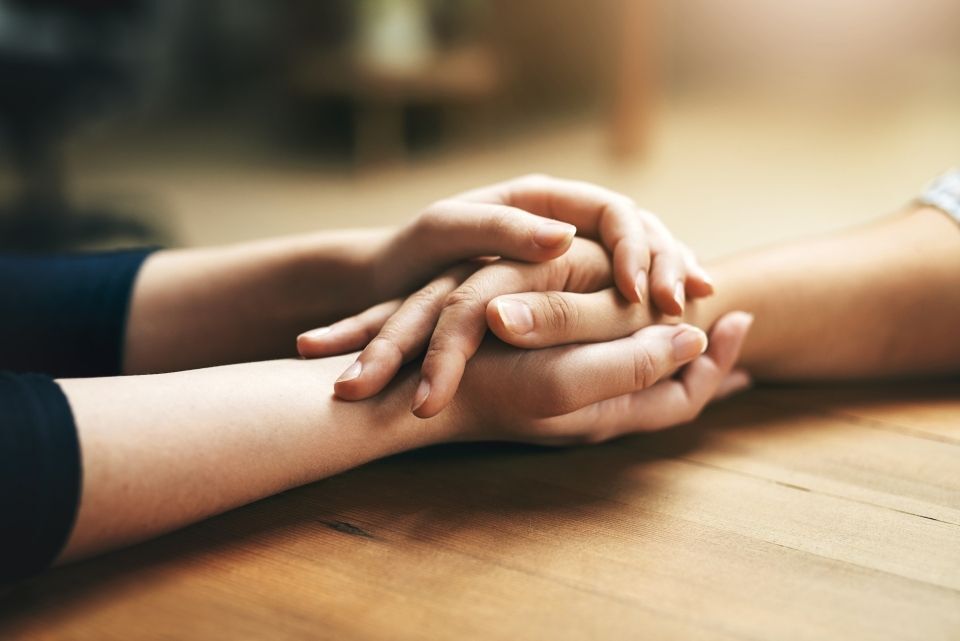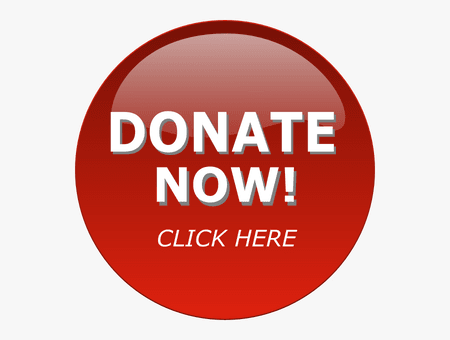Read Hillary's Story
Hi, I’m Hillary Gilfand and I was diagnosed with Stage IV ovarian cancer on December 23rd, 2007 at the age of 46. Even though I was exhibiting the typical symptoms of
1. Bloating
2. Frequent Urination
3. Feeling Full Quickly
4. Abdominal Pain
I didn’t associate it with anything gynecological. I thought I might have an intestinal blockage and went to the emergency room where they took blood, did an scan and very quickly told me I most likely had ovarian cancer because my CA 125 level was 550 which was very elevated.
I had surgery at University of Colorado Hospital on December 31st to remove the very large tumor and have a complete hysterectomy. Because my cancer was so advanced I started chemo right away and had 12 rounds of carbo-platin and taxol over the next year. The cancer had spread to my lungs and shrank with chemo except for one nodule. I had lung surgery on June 17th, only to discover that this nodule wasn’t in fact, cancer but histoplasmosis, which is common in people who grew up in the hot, humid Midwest climate.
My final round of chemo was December 30th, 2008. I was lucky in that I didn’t experience any extreme symptoms from the treatments and was able to work full time, albeit being very, very tired most of the time. I started seeing my oncologist every 3 months for the next 2.5 years and did not have any reoccurrences during this time. After that I started seeing him every 6 months for the last 3 years and will probably continue on this cycle for the rest of my life.
People ask me all the time how did I know I had ovarian cancer and the answer is, very simply, I didn’t. I didn’t know about the genetic component of being an Askenazi Jew, I didn’t know about any of the symptoms. I didn’t know anything about this disease and my risk factors until I was diagnosed with late stage ovarian cancer. So much of what I went through could have been avoided if I knew the risk factors, symptoms and had, had a conversation with my doctor in my 30’s and early 40’s to come up with a gynological plan before I got cancer. So it’s vitally important for you, as future nurses, to understand the symptoms of this disease and help every woman you know become pre-vivors of ovarian cancer, not just sur-vivors.




